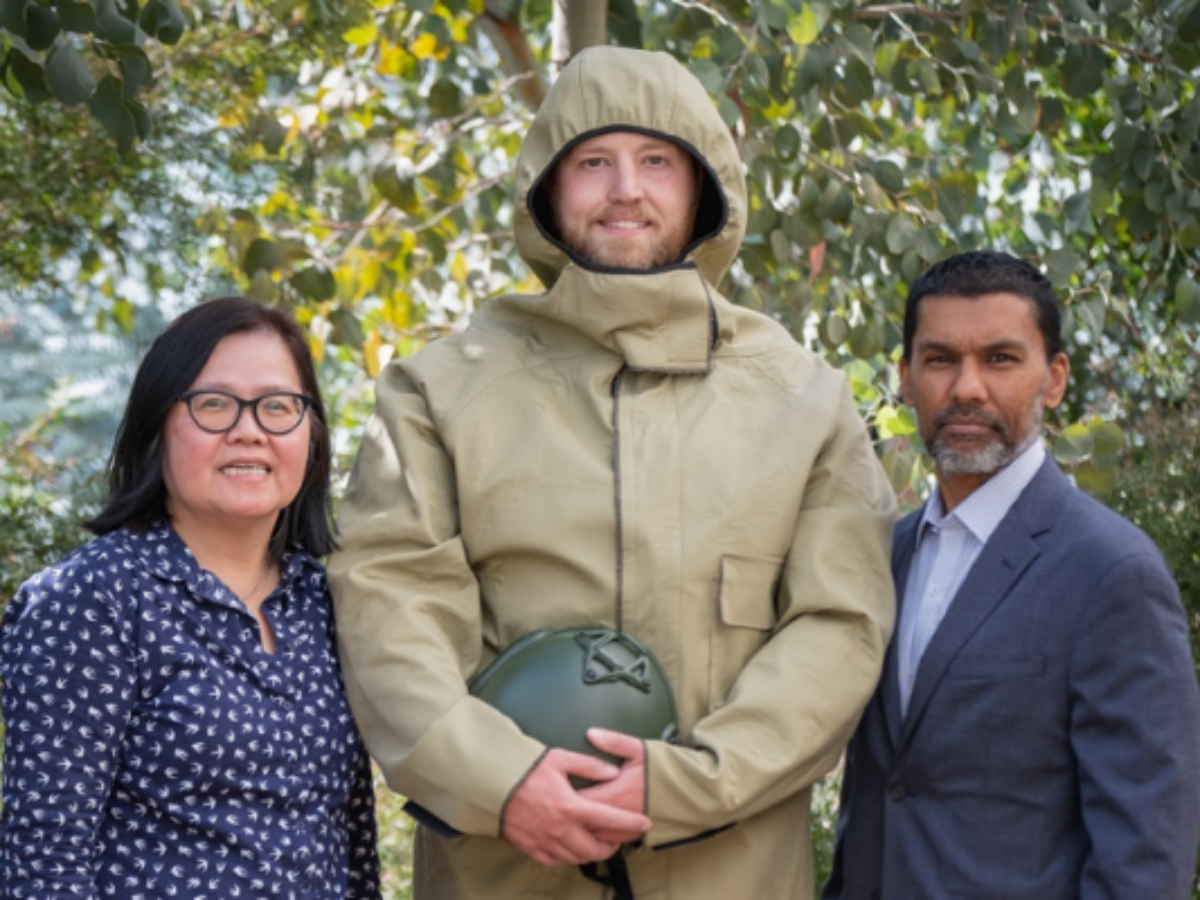Best of the week — the five most popular stories among readers, September 23 – September 27, 2024

What were the five biggest stories of the week? Here’s what visitors to @AuManufacturing were reading.
5) FIRB approval unlocks payments for Iron Road
Mining and green hydrogen developer Iron Road has received Foreign Investment Review Board approval for its giant Cape Hardy hydrogen and metals manufacturing project on the Eyre Peninsula in South Australia.
FIRB approval unlocks $4.5 million payments from its partner AMP Energy, with an initial $1.5 million Cape Hardy milestone payment from Amp Energy received, and a further $3 million milestone payment also unlocked and due for payment before end-Q4 2024.
This also allows retention by Iron Road of a $2.5 million deposit paid by Amp in 2024.
4) Fortescue and Downer aim for battery electric locomotives
Fortescue Zero and engineering company Downer have announced a collaboration to jointly design and develop a Battery Electric Locomotive (BEL), marking an important step forward to the commercialisation of zero emissions power system technologies in heavy industry applications.
The agreement sets forward a path to deliver an innovative zero emissions solution for heavy haul rail that draws on Downer’s rolling stock and engineering experience, combined with Fortescue Zero’s decades long experience as a heavy haul rail operator and expertise in green technologies.
Also today Fortescue Metals and Liebherr announced a $2.8 billion deal to acquire 475 zero emission mining trucks, excavators and dozers (see separate story here).
3) Despite short term challenges, Whyalla has a green steel future
The global steel market is cyclical and currently battling Chinese over-supply, and so too is cynicism about GFG Alliance’s ability to transition the Whyalla steelworks to a green steel future.
With renewed scepticism facing GFG, and part way through a green transition, GFG Alliance Executive Chairman Sanjeev Gupta remains confident of Whyalla’s future – this is his message.
2) US submarine build contracts should end talk of selling off Austal
The award of a second contract in the United States for shipbuilder Austal to build facilities for constructing modules for US nuclear powered submarines should put paid to talk of allowing the Perth shipbuilder to be taken over by Korean interests, writes Peter Roberts.
Austal USA has been awarded a $220 million (US$152 million) contract by the U.S. Navy to invest in infrastructure at its Mobile, Alabama shipyard to make parts for Columbia-class (CLB) and Virginia-class (VCS) submarines.
This follows a $670 million contract signed with General Dynamics Electric Boat earlier this month for it to expand capacity for nuclear submarine module construction also at Mobile.
1) CSIRO’s nanofibre military uniform revealed
CSIRO researchers have successfully developed a next-generation uniform prototype that employs nanofibres to safeguard Australian troops from chemical and biological threats.
The innovative material is a lightweight fabric that effectively filters out harmful particles while remaining light-weight and breathable, keeping the wearer comfortable in extreme temperatures.
CSIRO Manufacturing Research Unit Director Dr Marcus Zipper said the textile innovation was the result of collaboration with industry and research partners, including DMTC (formerly, the Defence Materials Technology Centre).
Picture: credit CSIRO
@aumanufacturing Sections
Analysis and Commentary Awards casino reviews Defence Gambling Manufacturing News Online Casino Podcast Technology Videos





